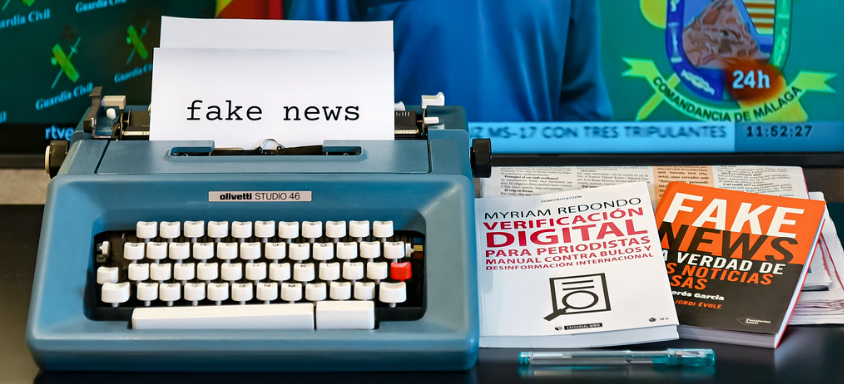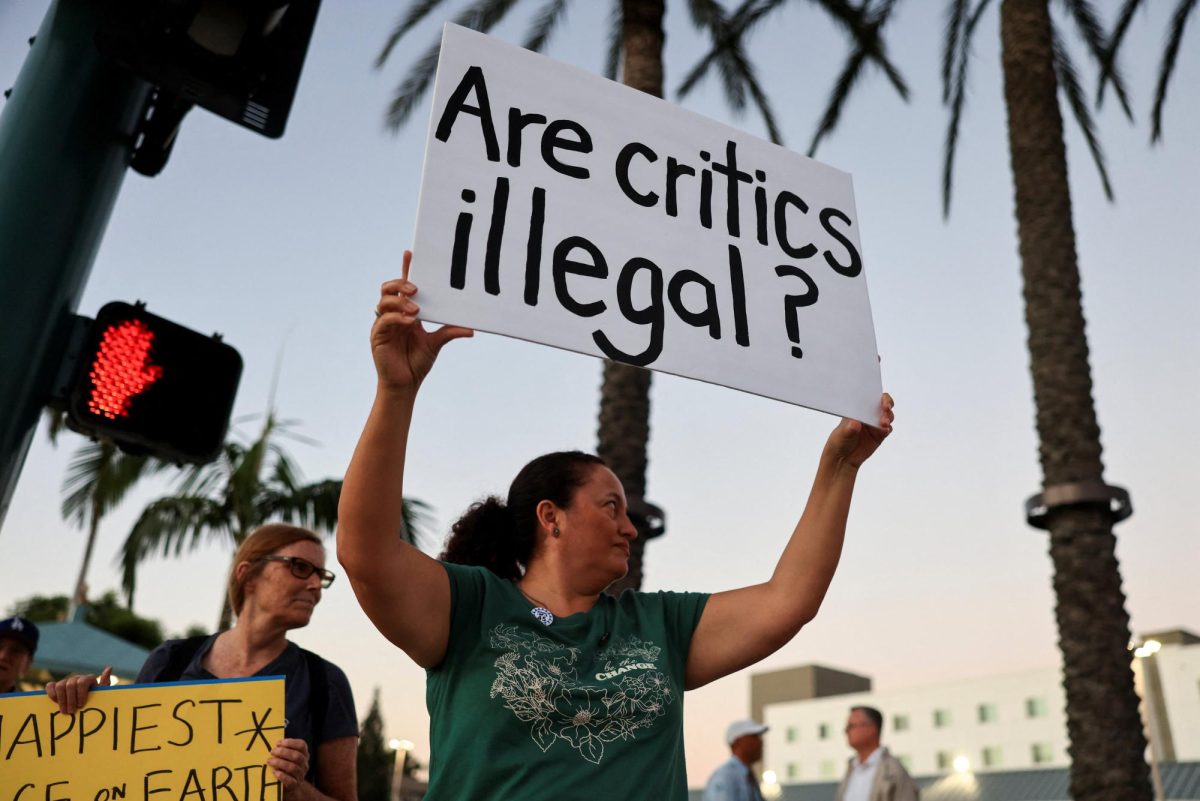Education cultivates empathy, tolerance and understanding by exposing individuals to diverse perspectives. In turn, this fosters critical thinking and promotes open dialogue, helping to challenge biases and misinformation. In this way, education serves as a cornerstone for building a more compassionate and inclusive society. However, in an age where almost all of the information we obtain is from social media, the advantages of having this easy-access is weighed down by biased sources of news. This unfortunately fosters an ideal breeding ground for misinformation.
The prominence of social media in society today has allowed more people to disseminate information, giving everyone a voice and a platform to express their opinions. However, this has also led to the proliferation of misinformation, as many with ulterior motives exploit the freedom social media allows to spread falsehoods and propaganda. From fake news articles to doctored images and videos, the lines between fact and fiction have become increasingly blurred, leaving the public vulnerable to manipulation.
Furthermore, the viral nature of social media amplifies the spread of misinformation as controversial content gains more attention and engagement than fact-checking efforts. This leads to the widespread acceptance of falsehoods before corrections can be made. When people interact with this kind of sensationalized content, the algorithm gives them more of it rather than showing them factual information.
Hiding behind a profile picture has become easy, and anyone can pose as a journalist or expert online. When everyone becomes “qualified” to share what they believe is fact, the ability for the public to evaluate information and verify its accuracy is more difficult than ever.
To combat the spread of misinformation on social media, concerted efforts are needed from both individuals and platforms alike. Media literacy education should be prioritized in schools to equip students with the skills necessary to navigate the digital landscape critically. Additionally, social media companies must take responsibility for slowing the spread of misinformation on their platforms by implementing stricter content moderation policies and promoting fact-checking initiatives.
The prevalence of misinformation on social media poses a significant threat to society, as it undermines trust in traditional media sources. To address this issue effectively, a multifaceted approach that emphasizes media literacy education and responsible platform governance is essential. Only by empowering individuals to critically evaluate information and holding social media platforms accountable can we hope to combat the spread of misinformation.
Photo credit: “Fake news” by Jorge Franganillo is licensed under (CC BY 2.0 DEED)





